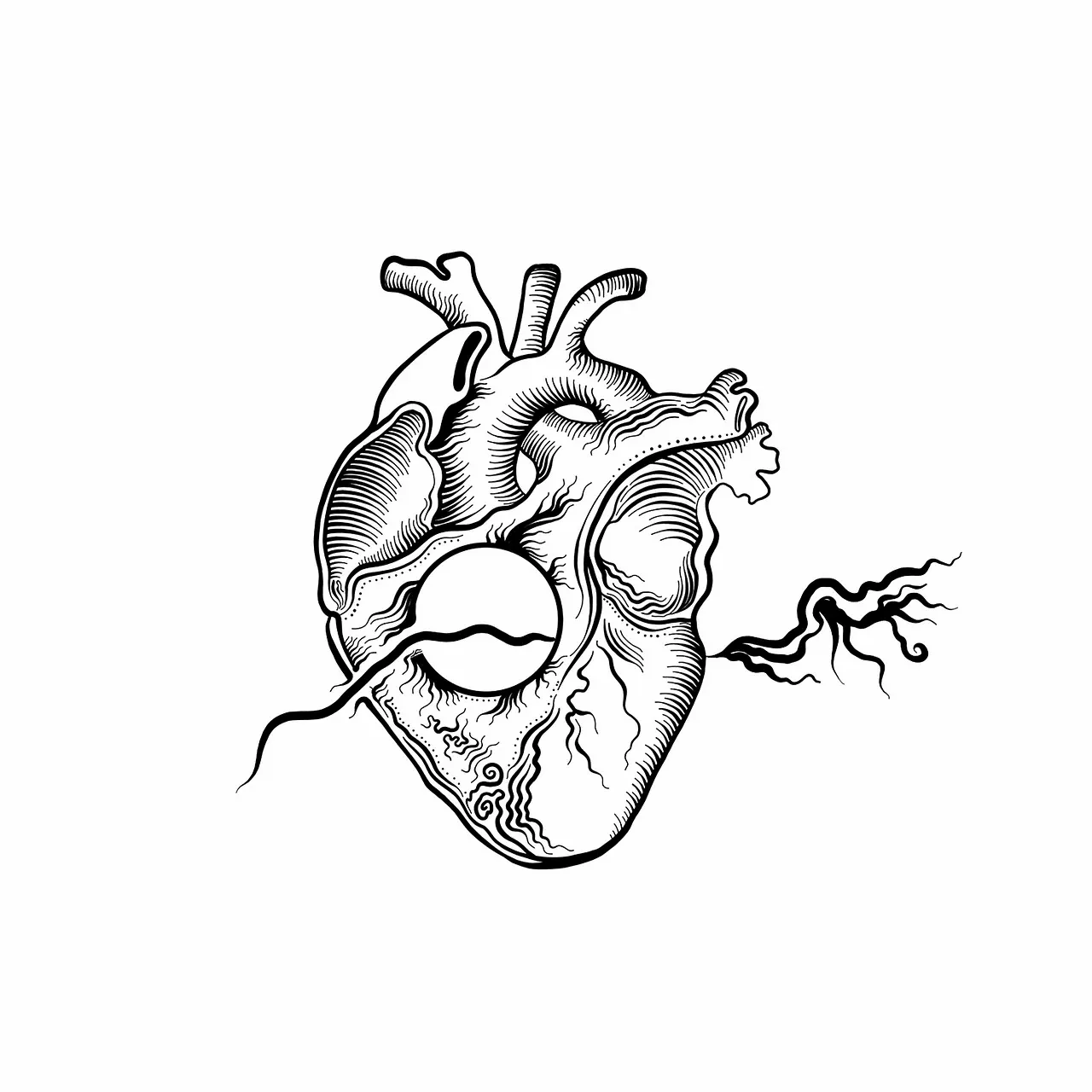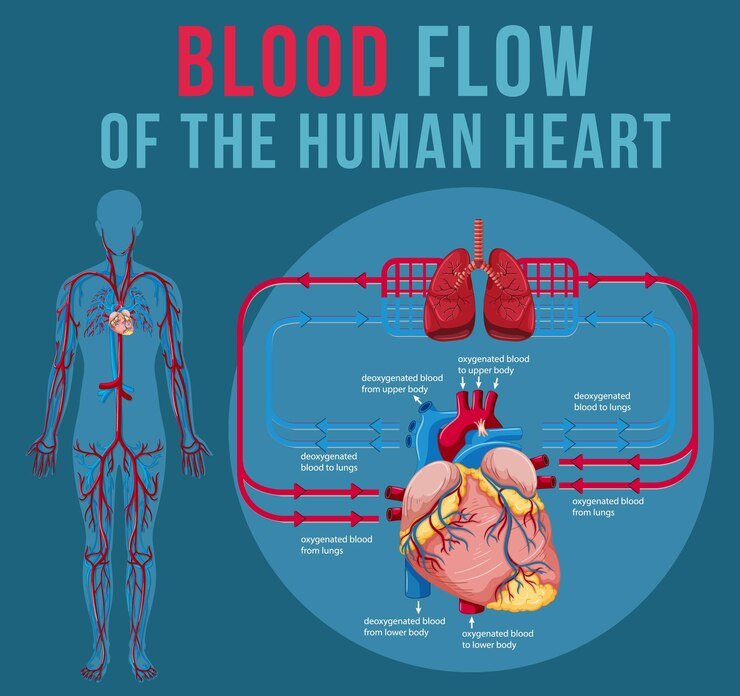CREATING AWARENESS FOR THE HEART, MAINTENANCE AND FUNCTIONS
3 comments
The heart is the human body part located at the human chest. It controls all respiratory and blood flow activities in the human body. The heart inflates and diflate to be functional or active. It is connected to all the systems in the human body.
This is an organ both mysterious and essential, beating tirelessly within each of us, it maintains and sustains life in the human body It's not just a physical pump but a symbol which represents our collective consciousness, representing love, courage, and vitality.
- Heart Failure: Heart failure occurs when the heart is unable to pump enough blood to meet the body's needs. It can result from conditions such as hypertension, or damage to the heart muscle (cardiomyopathy). Symptoms include shortness of breath, fatigue, and swelling in the legs and abdomen.
- Hypertension (High Blood Pressure): High blood pressure is a condition in which the force of blood against the artery walls is consistently high. Over time, this can damage the heart and blood vessels, increasing the risk of heart attack, stroke, and other cardiovascular problems which could result to sudden death.
- Arrhythmias: Arrhythmias are abnormal heart rhythms that can cause the heart to beat too fast, too slow, or irregularly. While some arrhythmias are harmless, others can be life-threatening and increase the risk of complications like stroke or sudden cardiac arrest.
The journey of blood begins as it enters the heart through the superior and inferior vena cava, carrying deoxygenated blood from the body into the right atrium. From there, it passes through the tricuspid valve into the right ventricle, which pumps it out through the pulmonary valve into the lungs for oxygenation. This is a process which takes place in a matter of seconds and has much respect for the human body temperature.
It helps circulate blood through all parts of the body
Its helps maintain a relative body temperature.
Its is regarded as the network of life.
1 Myocarditis: Myocarditis is inflammation or enlargement of the heart muscle, often caused by viral infections, autoimmune diseases, or certain misguided medications. It can lead to symptoms such as chest pain, fatigue, and shortness of breath.
2 Congenital Heart Defects: Congenital heart defects are structural abnormalities present at birth that affect the heart's chambers, valves, or blood vessels. They develop a simple effect to life-threatening and may require medical or surgical intervention to correct as soon as possible.
3 Cardiomyopathy: Cardiomyopathy refers to diseases of the heart muscle that make it harder for the heart to pump blood effectively. It can be inherited or acquired and may lead to heart failure, arrhythmias, or sudden cardiac arrest.
4 Heart Valve Disease: This condition involves damage in one or more of the heart's valves, affecting the flow of blood through the heart. Common valve problems include stenosis (narrowing) and regurgitation (leakage).
1 Eat healthy diets that are less harmful to the heart
2 Avoid regular consumption of alcohol
3 Avoid consuming tobacco
4 Regular physical exercise
5 Avoid smoking
6 Manage stress
7 Get enough sleep regularly
8 See your primary care provider always



Comments